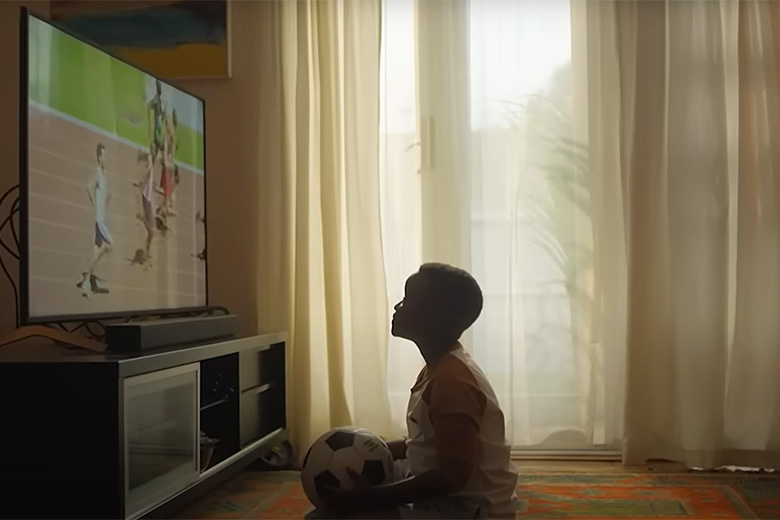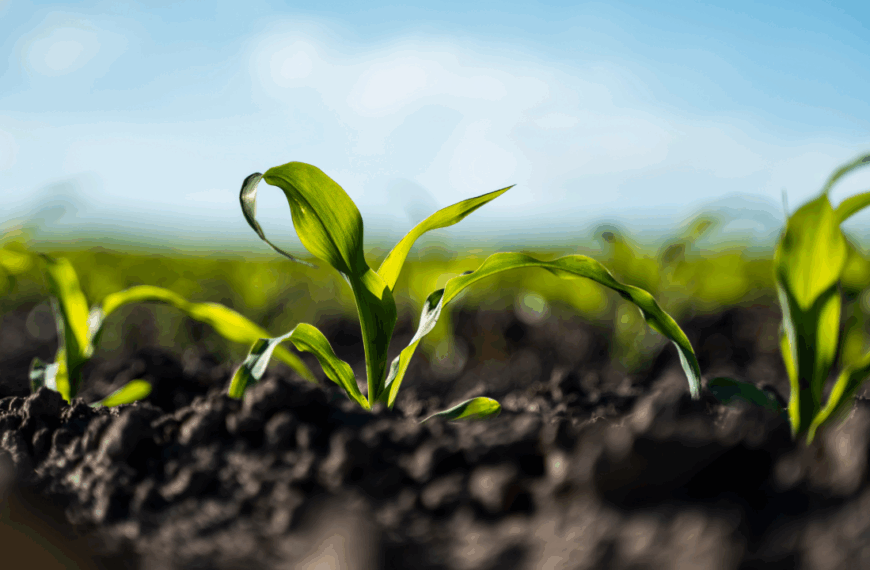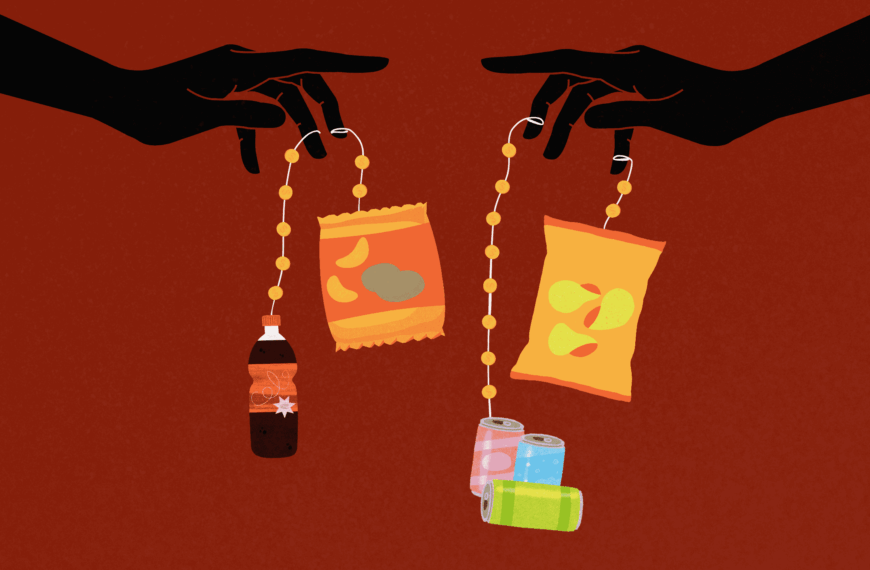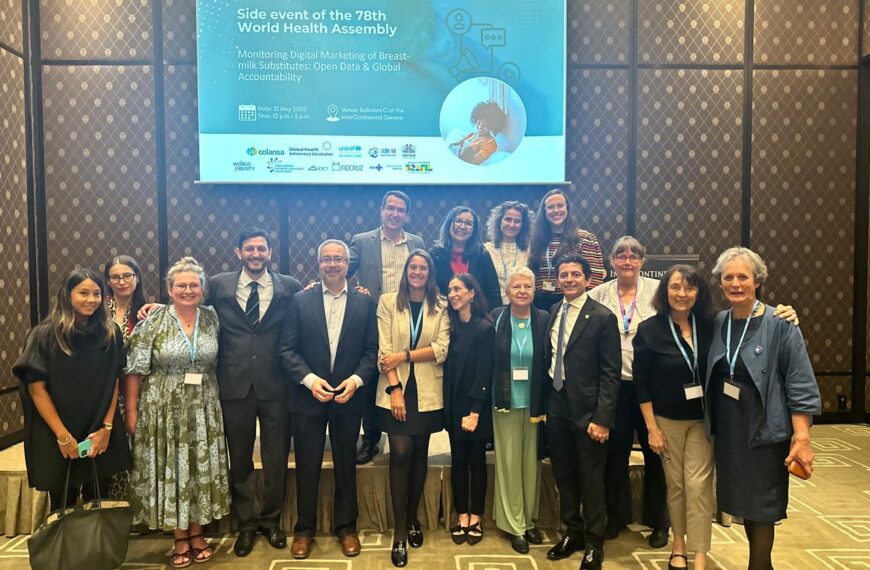“Sports washed” away: How Big Soda companies uses sport to sell sugary drinks
Op ed by Maisha Hutton, Executive Director, HCC.
During the 2024 Paris Olympic and Paralympic Games this past summer, the Healthy Caribbean Coalition (HCC) joined organisations across the globe in the “Kick Big Soda Out!” campaign which called on the International Olympic Committee (IOC) to end its longstanding sponsorship deal with Coca-Cola. The global campaign garnered over 255,000 signatories from 95 countries (including the Caribbean) and the support of 93 partner organisations, including the HCC, Antigua and Barbuda Diabetes Association, EarthMedic and EarthNurse Foundation for Planetary Health, the Heart and Stroke Foundation of Barbados, the Jamaica Youth Advocacy Network, and Lake Health and Wellbeing St Kitts and Nevis.
The Power of Big Soda
The 2024 Olympic Games captured the attention of people across the globe. The 30.6 million average primetime viewership was 82% higher than the audience of the 2020 Tokyo Games – an incredible feat for the broadcast networks behind the Games. However, Olympic viewers were not just taking in the incredible achievements of athletes – viewers were also bombarded with overt and more surreptitious adverts for the Games’ longest standing partner: Coca-Cola – the largest soda company in the world.
The Olympic Games have been sponsored by this single beverage company since 1928 and their current contract extends until the 2032 Brisbane Games. The term ‘Big Soda’ refers to the global multimillion dollar soft drink industry giants. Sponsoring a large sporting event like the Olympics provides ‘Big Soda’ companies like Coca-Cola with unparalleled opportunities to market their products to enormous audiences, despite their negative impacts on viewers’ health and the environment. Additionally, sponsorship of sporting events allows companies to associate their products with historic moments and leading athletes. This practice, known as “sports washing,” gives unhealthy items like sugary drinks a misleading “health halo”, disguised as healthy while their overconsumption fuels the obesity and noncommunicable disease (NCD) crisis.
Many of these multinational soft drink companies make voluntary pledges not to market their products to children, but their actions tell a different story. They partner with elite sports that children watch, such as the Olympics and also sponsor local sporting activities. They run sports-related campaigns geared toward young people and use the same “sports washing” practices to reach youth at fitness and health-focused activities. Evidence has shown that young people may be especially susceptible to this type of marketing, which can increase their consumption of sugary drinks and other ultra-processed products.
Caribbean Impact
Today the Caribbean has some of the highest rates of adult obesity in the world and alarmingly, one in three children in the region is living with overweight or obesity and rates are steadily increasing – contributing to NCDs like Type 2 diabetes and cardiovascular disease.
Coca-Cola’s sponsorship of sport extends beyond the Olympic Games reaching deep into our local communities directly, and indirectly, through local subsidiaries. In resource-strained communities like the small developing states of the Caribbean, these players fill funding gaps in national sporting programs and events. The soda giant has sponsored local football clubs, national youth swimming, and athletics competitions in Barbados. Similarly, in The Bahamas, the local producer of Coca-Cola products, has a long history of sponsoring youth sport programs including swimming and football clubs. Across the region every year during the school sports terms, budding young elementary and secondary school athletes compete in national stadiums against a stark and contrasting backdrop of colorful banners promoting a range of unhealthy products from sugary sports drinks to popular fast foods. All of these arrangements present clear opportunities to promote unhealthy products to young people who both participate in and watch these events – reaching young, impressionable athletes through their love of sport and building lifelong brand loyalty.
Other popular beverage and fast-food companies have also employed these sports-washing practices, sponsoring school and community-based youth sporting events. In Jamaica, a popular fast food restaurant, reaffirmed its support for the 2024 Jumpball Basketball Programme with a JA$4.5 million donation. A sugary drink company partnered with a local school to refurbish its gymnasium as part of a commitment to the school’s sporting program. What was called, “…an investment in shaping the lives of their students,” is a chance to directly market sugar-filled beverages to children inside school walls.
Support for Ending Big Soda Sponsorship
However, opposition to Big Soda’s involvement in sport is growing. The “Kick Big Soda Out of Sport” highlighted sugary drinks’ impact on health and the environment. Through informing a global audience about Big Soda’s marketing tactics, the campaign aimed to end Big Soda’s sponsorship of sport. In addition to the quarter of a million signatories of support and almost 100 organisational supporters, The Lancet, one of the most powerful voices in global health, affirmed its support for the campaign stating, “…it [IOC] should drop its shortsighted and hypocritical partnerships with companies that enable great harm to health and wellbeing.” The HCC and many of our members joined the movement acknowledging that if action is not taken at the global level to manage the influence of conglomerates like Big Soda, it will be challenging to control their penetration regionally.
Calling on the IOC
On behalf of the “Kick Big Soda Out!” campaign, Vital Strategies recently sent the petition to IOC president, Thomas Bach, emphasising that by continuing its relationship with the soda giant, the IOC stands is direct opposition to its stated mission to, “…build better world through sport.”
The HCC is proud to join regional and global partners calling for change. The premise of this campaign aligns with regional health advocates’ call for evidence-informed regulation of commercial actors, such as national school nutrition policies which restrict the availability and marketing (including sponsorship) of unhealthy products like sugary drinks to children; and for clear guidelines to manage conflicts of interest and foster transparency in health promotion efforts and policymaking spaces.
The “Kick Big Soda Out” movement is an important catalyst for change. It’s time for innovative, health-promoting companies without conflicts of interest to step in and support healthier communities – displacing Big Soda and other health-harming companies. We hope the International Olympic Committee recognizes the importance of the “Kick Big Soda Out!” campaign and responds to the global petition. Big Soda has no place in sport.
The post “Sports Washed” Away: How Big Soda Companies Uses Sport to Sell Sugary Drinks appeared first on Healthy Caribbean Coalition.
Healthy Caribbean Coalition Leer más







